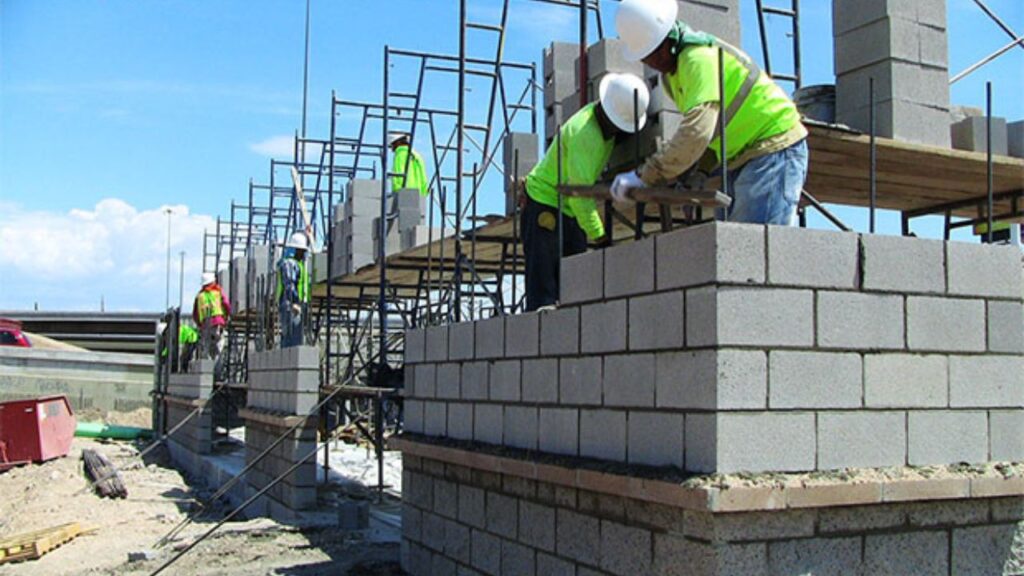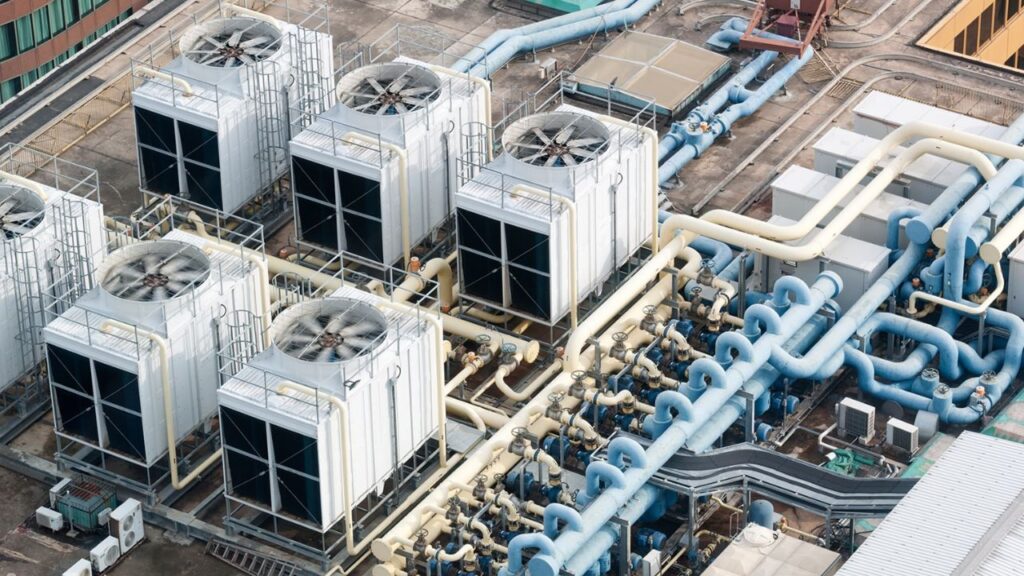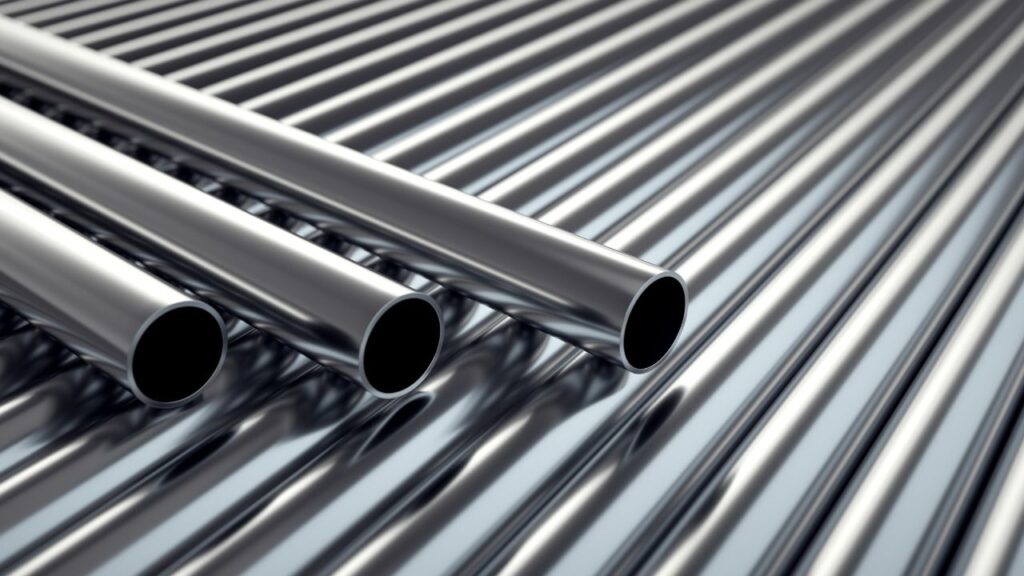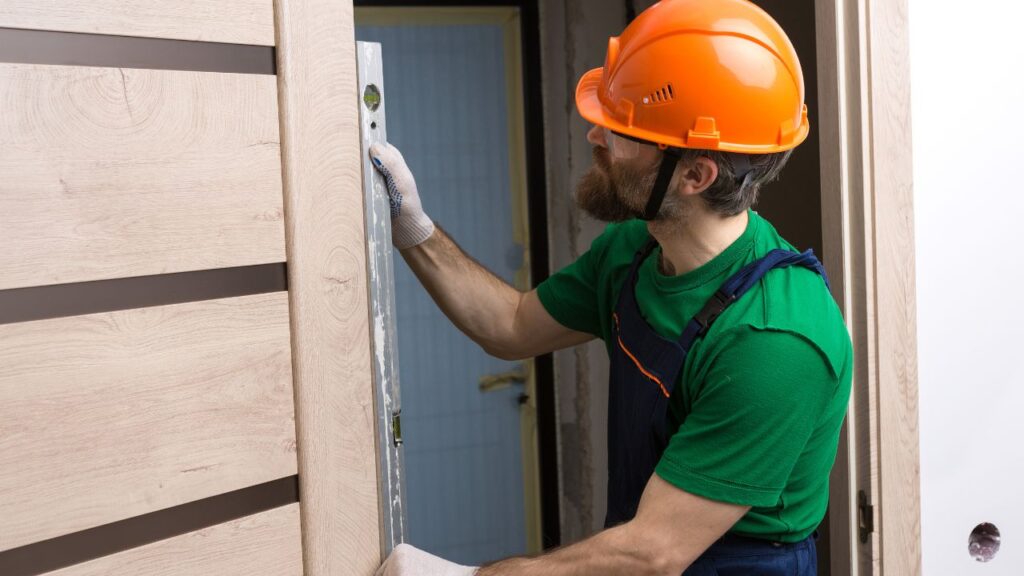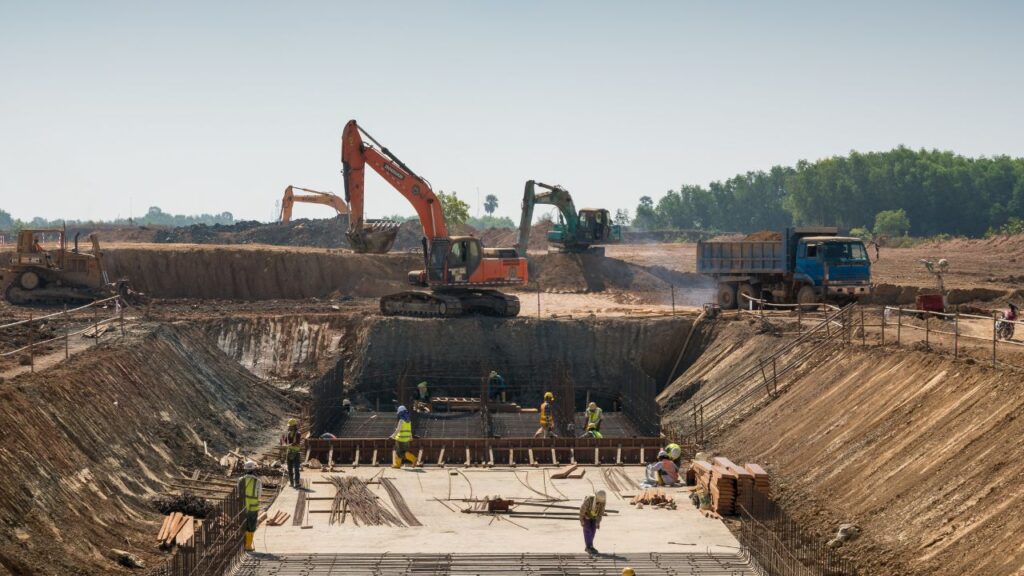The cost to replace an HVAC system, which includes installing a new central AC unit and a gas furnace combo, typically ranges from $7,470 to $13,720. This price covers both the equipment and the necessary labor to remove the old units and install the new ones. If your home also requires ductwork replacement, you should budget an additional $2,520 for a single-story, 2,000 sq. ft. home. Ductwork costs can vary depending on factors like the complexity of the home layout and whether any repairs are needed for proper airflow, so larger or multi-story homes may see higher additional costs.
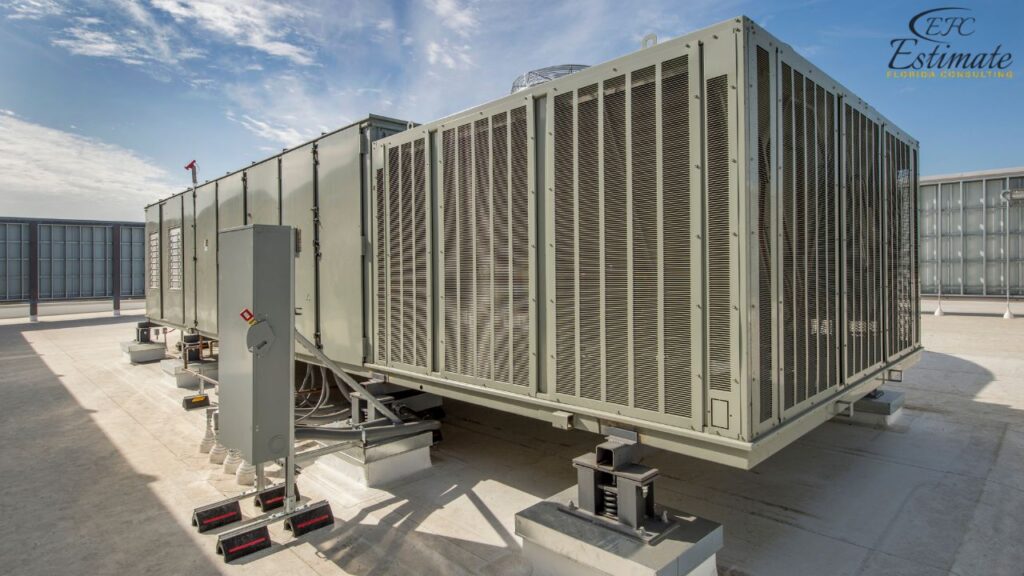
Average Cost of a New HVAC System for 2025(updated)
In 2025, the average cost for a new HVAC system—including both an air conditioning unit and a gas furnace—ranges around $10,595. This estimate is based on an average-sized home between 2,000 and 2,500 square feet in a moderately priced area. This AC and furnace combo is one of the most common systems, especially in warmer climates like Florida.
However, costs can vary significantly depending on home size, local labor rates, and other factors. For instance, in areas with lower labor costs and for homes under 1,500 square feet, a full HVAC replacement could cost as little as $6,000. Conversely, in high cost-of-living areas or larger homes over 3,000 square feet, a new AC and furnace system could exceed $24,000, especially if advanced equipment or additional installation services are needed.
The final cost is influenced by your home’s size, location, and specific HVAC needs. Some homes also require alternative HVAC systems, which can affect pricing. To better understand potential expenses, let’s explore these specific factors and how they impact overall HVAC installation costs.
HVAC Replacement Cost by Unit Type
While the most common HVAC setup is an AC unit combined with a gas furnace, there are various systems available for different needs, each with its own price range. Here’s a breakdown of HVAC replacement costs by unit type, including both equipment and installation.
HVAC Unit Type | Low Cost | High Cost |
Central Air Conditioner | $6,465 | $11,877 |
Ductless Split AC | $2,142 | $3,936 |
Electric Furnace | $767 | $3,523 |
Gas Furnace | $956 | $3,870 |
Oil Furnace | $3,325 | $8,222 |
Heat Pump | $2,905 | $7,449 |
Geothermal Heat Pump | $15,000 | $38,000 |
For a complete breakdown of replacement costs, get detailed HVAC system cost estimates to plan your project accurately.
Central Air Conditioning (AC)
A central AC unit cools your entire home using forced air through ductwork. It typically includes a condenser, compressor, and evaporator, and is often paired with a furnace for heating. Installation costs range from $6,465 to $11,877, including both the system and labor. Central AC is highly effective for consistent cooling throughout the home.
Window AC
A window AC unit cools a single room and is an affordable solution for homes without ductwork or for occasional cooling needs. Prices range from $180 to $720 depending on room size, making it a budget-friendly choice for targeted cooling.
Ductless Split AC
Also known as a mini-split, this system is mounted on walls in each room you want cooled and connects to an outdoor compressor. Ideal for homes without ductwork, ductless systems are simpler to install and offer zoning control. Costs range from $2,142 to $3,936.
Gas Furnace
The most common furnace type, a gas furnace, connects to your home’s ductwork and uses forced air to heat the space. It’s often paired with a central AC unit and includes a blower for even distribution. Prices for a gas furnace range from $956 to $3,870, and gas furnaces are generally economical for regular heating needs.
Get Acquainted with Estimation
Mastering Bids: 12 Pro-Level Bidding Tips for Construction Managers
Maximize Profits: Budgeting Hacks for Big Construction Projects
Oil Furnace
An oil furnace works similarly to a gas furnace but is more popular in colder regions, such as the northeastern U.S. Known for being quieter and less costly to operate, oil furnaces are available in models that work solely on oil or in hybrid systems with heat pumps. However, they are more expensive upfront, with prices ranging from $3,325 to $8,222.
Electric Furnace
For homes without natural gas lines or for eco-conscious homeowners, an electric furnace is a solid option. Electric furnaces are easier to install, quieter than gas units, and do not require venting, keeping costs lower. The average cost to install an electric furnace ranges from $767 to $3,523.
Heat Pump
Heat pumps provide a highly energy-efficient alternative to traditional AC/furnace combos by moving heat between the indoors and outdoors depending on the season. Basic heat pumps cost $2,905 to $7,449, while geothermal heat pumps—among the most efficient systems—start at $18,000 and can reach $38,000. Heat pumps are excellent for climates with moderate temperature variations.
Boiler
Unlike furnaces, boilers use hot water or steam circulated through pipes to radiators, offering even heat distribution without forced air. Boiler installation costs start around $4,800 and can reach $13,200 for larger or high-efficiency models. Boilers can be powered by electricity, gas, or oil, making them adaptable for different heating preferences.
Radiator
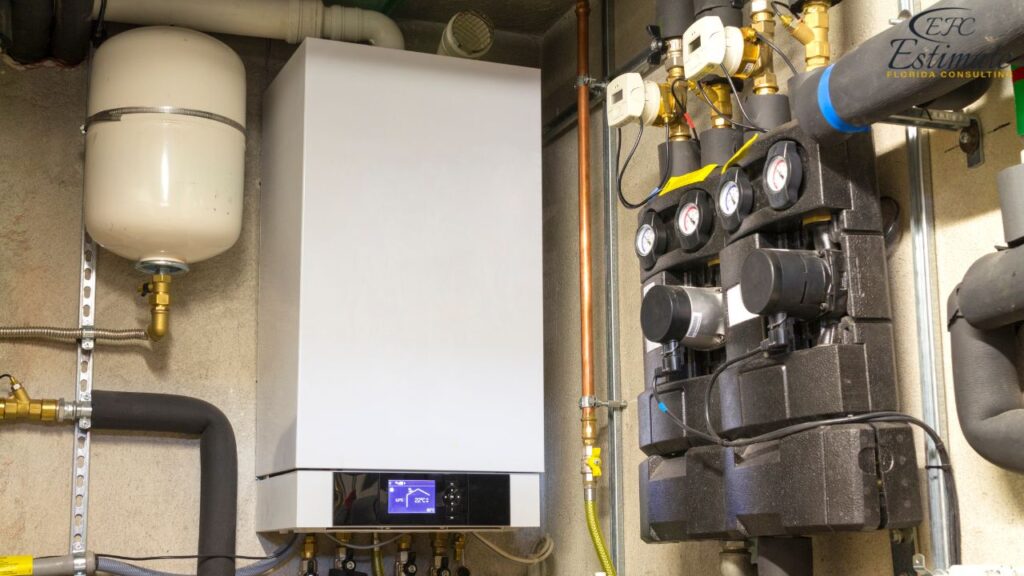
Radiators, used alongside boilers, distribute heat in homes. Options include cast iron, baseboard, column, and panel radiators. Prices vary depending on radiator type, material, and installation specifics, making them a flexible option for homeowners looking to combine functionality with aesthetic appeal.
What Factors Affect HVAC Replacement Cost?
HVAC installation costs can vary widely depending on factors specific to your home, location, and needs. Here are the main considerations your HVAC contractor will assess when providing a quote for replacing your system:
Local Climate Conditions
The climate in your region plays a key role in determining the type and size of HVAC system required. For example, homes in the southern U.S., where summers are intense, need an AC unit with enough capacity to cool effectively. Northern regions, where winters are harsh, require a system with larger heating capacity, which can increase costs. The climate-driven demand for heating or cooling influences the system size and features, impacting the overall installation expense by 20% or more in extreme climates.
Ductwork Condition and Replacement Needs
Ductwork delivers conditioned air from your HVAC system throughout your home. If your current ductwork is aging, leaking, or incompatible with the new system, you may need duct replacement, which can add between $2,520 and $4,800 to the total cost. Complex installations with multi-level ductwork can take additional days to complete, adding to labor costs. If the ductwork is efficient and in good condition, these costs can be minimized, but poorly maintained ducts can significantly increase the project cost.
Home Age and Construction Quality
The size, insulation, and construction quality of your home all affect HVAC efficiency. A larger home, like one around 3,000 sq. ft., requires a bigger HVAC unit than a 1,500 sq. ft. home. However, older homes with minimal insulation or older windows might need an even larger system to maintain comfortable temperatures, pushing costs up by 20% or more. Homes with modern energy-efficient windows and sealed insulation typically require less AC capacity, reducing the system’s size and cost. Insulation quality in foundations, roofs, attics, basements, and floors also plays a role in determining the necessary system size and efficiency requirements.
HVAC Unit Size and BTU Requirements
The size of the HVAC unit needed for your home has a major impact on project costs. Larger homes or homes in areas with extreme temperatures will require units with greater BTU (British Thermal Units) output. Similarly, homes with poor insulation will need a larger, higher-capacity unit. Below is a chart outlining the average replacement costs for central air conditioning units by size:
Central AC Size | AC Unit BTU | AC Unit Cost (Unit Only) |
1.5 Tons | 18,000 BTU | $2,380 |
2 Tons | 24,000 BTU | $2,540 |
2.5 Tons | 30,000 BTU | $2,822 |
3 Tons | 36,000 BTU | $3,504 |
3.5 Tons | 42,000 BTU | $4,260 |
4 Tons | 48,000 BTU | $4,380 |
5 Tons | 60,000 BTU | $4,430 |
Win More Projects With Us
HVAC Brand Choice
The brand you select can influence the total cost significantly. Higher-end brands generally cost more upfront but offer better warranties, energy efficiency, and built-in smart features. Premium brands often have a longer lifespan and better ROI, providing reliable performance over the years. Our guides to the best AC, furnace, and heat pump brands offer detailed comparisons to help you choose.
Energy Efficiency and SEER Rating
Energy-efficient HVAC systems come with a higher SEER (Seasonal Energy Efficiency Ratio) rating, which directly impacts the cost. Higher-rated systems save on monthly energy bills, making them a wise investment over time. A trusted HVAC professional can advise you on the SEER rating and energy efficiency features best suited for your home, taking into account factors like system type, home size, and climate. A more efficient system may cost up to 20% more initially but can offer substantial energy savings, especially in regions with extreme temperatures.
HVAC Replacement Cost Calculator
Our HVAC cost calculator helps you quickly estimate the cost of replacing your system based on your home’s unique needs. Here’s how to use it:
- Select the Component: Start by choosing the part of your HVAC system you need to replace—either the heating system, the cooling system, or both. This selection lets the calculator focus on specific system requirements and costs.
- Provide Home Details: Answer a few questions about your home’s HVAC setup. You’ll specify the current system type (like central AC, furnace, or heat pump), your home’s square footage, and whether the HVAC system you’re replacing services the entire house or just specific areas. This helps us tailor the cost estimate to fit the size and layout of your home.
- Choose “I’m Not Sure” Options: If you’re unsure about some system details, we’ve built “I’m not sure” options into the calculator to make it accessible for all users. This feature allows the calculator to generate an estimate even without specific information, using average costs for similar setups.
- Enter Your Zip Code: Finally, fill in your zip code so that the calculator can account for local labor rates. Installation costs can vary significantly by location, so this detail helps us deliver a more accurate estimate.
Additional HVAC Installation Costs to Consider
When planning for an HVAC replacement, keep in mind that some additional costs may not be included in the initial estimate. Here are some important factors to discuss with your contractor to ensure you get an accurate quote:
- Permits: Many local building departments require permits for HVAC replacements. Permit costs can vary depending on location and project scope. Check with your contractor, and read our blog post on permit requirements for air conditioning replacements to see if this applies to your system.
- Inspections: Some areas mandate inspections by a building department representative to ensure the new system complies with building codes. Confirm with your contractor whether inspection fees are included in your quote or if they will be billed separately.
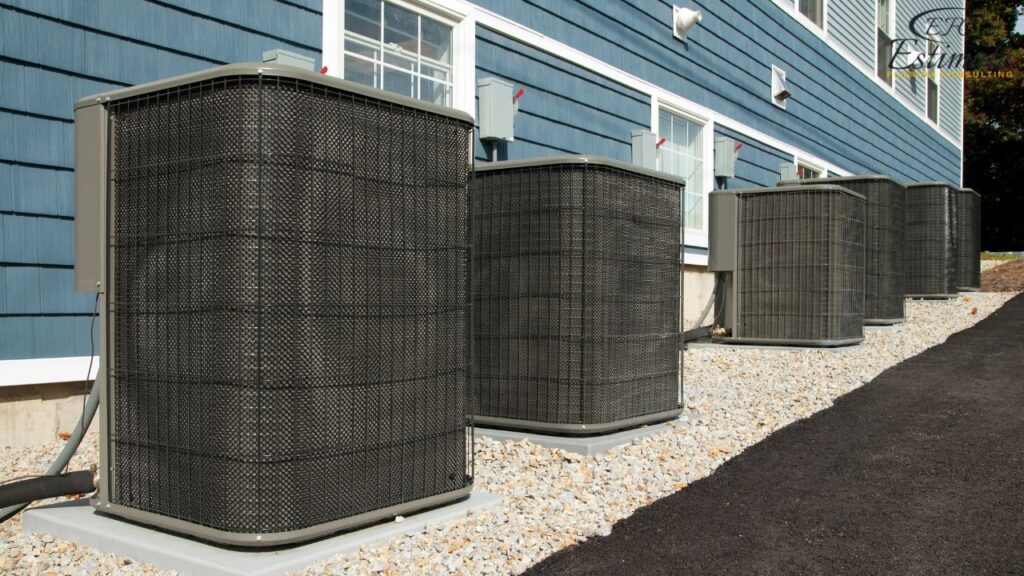
- Labor and Disposal Costs: Labor and disposal costs can add up, particularly in older homes. For example, if asbestos or lead paint is found in your ductwork or near the HVAC system, additional fees may apply for testing, removal, and disposal. It’s crucial to know if these potential costs are part of your contractor’s initial quote.
- Insulation: For maximum efficiency, additional insulation may be necessary. If your AC unit is in the attic, consider adding attic insulation to optimize your unit’s performance. In colder regions, adding insulation around ductwork can also help maintain temperature consistency.
Repair or Replace?
Repairing an HVAC unit is often more cost-effective than a full replacement. However, there are certain situations where calling a technician for repair makes sense:
- Pilot Light Issues: If your furnace’s pilot light won’t stay lit, this could be a simple fix.
- Leaking Unit: Leaks in your AC system may require repair but aren’t necessarily a reason to replace the entire unit.
- Fan Issues: If the unit’s fan won’t stop running or the system gets “stuck” in one mode, a technician may be able to address the issue without replacement.
DIY HVAC Installation vs. Hiring a Pro
While there are plenty of HVAC maintenance tasks you can handle yourself—like changing filters and cleaning vents—installing a new HVAC unit is a project best left to professionals. As a general rule, any work involving electrical wiring, plumbing, or gas lines should be handled by licensed experts. Attempting a DIY HVAC installation comes with several risks, both physical and financial:
- Safety Risks: HVAC installation requires dealing with complex systems that can be hazardous if mishandled. Electrical work and gas lines pose dangers like electrical shocks, fires, and gas leaks, making it crucial to have the proper skills and equipment to avoid accidents.
- System Performance: An improperly installed HVAC system can lead to a range of performance issues, including inefficient heating and cooling, frequent breakdowns, and shortened lifespan. When components are not aligned correctly or installed with insufficient ductwork, the system struggles to maintain desired temperatures and airflow.
- Higher Utility Bills: A poorly installed system may run inefficiently, leading to higher monthly utility bills. If ductwork or wiring isn’t set up correctly, the unit may work harder than necessary to heat or cool your home, driving up energy costs.
- Code Compliance and Warranty: Professional installation ensures that your HVAC unit meets local code requirements, which is critical for safety and regulatory compliance. Many manufacturers also require professional installation to keep your warranty valid, protecting you from unexpected repair costs in the future.
Download Template For HVAC Replacement Project Breakdown
- Materials list updated to the zip code
- Fast delivery
- Data base of general contractors and sub-contractors
- Local estimators

conclusion
Basement renovation costs vary significantly based on project scope, materials, and finishes. Basic renovations start around $20,000, providing essential updates, while high-end remodels, featuring premium materials and custom amenities, can reach $100,000. Key cost components include flooring, wall finishes, lighting, plumbing, and HVAC, which enhance functionality and comfort. By carefully choosing the level of finish and customizing the space to suit specific needs—whether for a home theater, gym, or in-law suite—homeowners can create a versatile, valuable addition to their home that fits their lifestyle and budget. Thoughtful planning ensures an efficient, appealing renovation.
Frequently Asked Question
Basement renovations typically range from $20,000 to $80,000, with basic finishes costing between $20,000 and $35,000, mid-range projects between $40,000 and $60,000, and high-end remodels up to $100,000.
Key factors include the scope of the project, choice of materials, finishes, layout complexity, and any structural modifications needed.
Flooring costs vary by material: Carpet is $3–$7 per square foot, vinyl plank is $5–$10, tile is $8–$15, and hardwood is $10–$20.
Options include drywall ($2–$4 per square foot), paint ($1–$3), drop ceiling tiles ($4–$8), and drywall ceiling ($5–$10).
Recessed lighting costs $100–$200 per fixture, electrical wiring is $2,000–$4,000, and outlets/switches cost $50–$150 each.
Plumbing costs vary: Bathroom plumbing is $3,000–$6,000, wet bar plumbing is $1,500–$3,500, and laundry room plumbing is $1,000–$3,000.
Extending ductwork costs $1,000–$3,000, mini-split systems are $2,000–$5,000, and ventilation upgrades range from $500 to $1,500.
Common options include home theaters ($10,000–$30,000), guest bedrooms ($5,000–$15,000), home gyms ($7,000–$20,000), office spaces ($5,000–$15,000), and in-law suites ($20,000–$50,000).
Comprehensive Trade-Specific Estimates
At Estimate Florida Consulting, we offer detailed cost estimates across all major trades, ensuring no part of your project is overlooked. From the foundation to the finishing touches, our trade-specific estimates provide you with a complete and accurate breakdown of costs for any type of construction project.

Testimonials
What Our Clients Say
We take pride in delivering accurate, timely, and reliable estimates that help contractors and builders win more projects. Our clients consistently praise our attention to detail, fast turnaround times, and the positive impact our estimates have on their businesses.
Estimate Florida Consulting has helped us win more bids with their fast and accurate estimates. We trust them for every project!

Steps to Follow
Our Simple Process to Get Your Estimate
01
Upload Plans
Submit your project plans, blueprints, or relevant documents through our online form or via email.
02
Receive Quotation
We’ll review your project details and send you a quote based on your scope and requirements.
03
Confirmation
Confirm the details and finalize any adjustments to ensure the estimate meets your project needs.
04
Get Estimate
Receive your detailed, trade-specific estimate within 1-2 business days, ready for your project execution.





